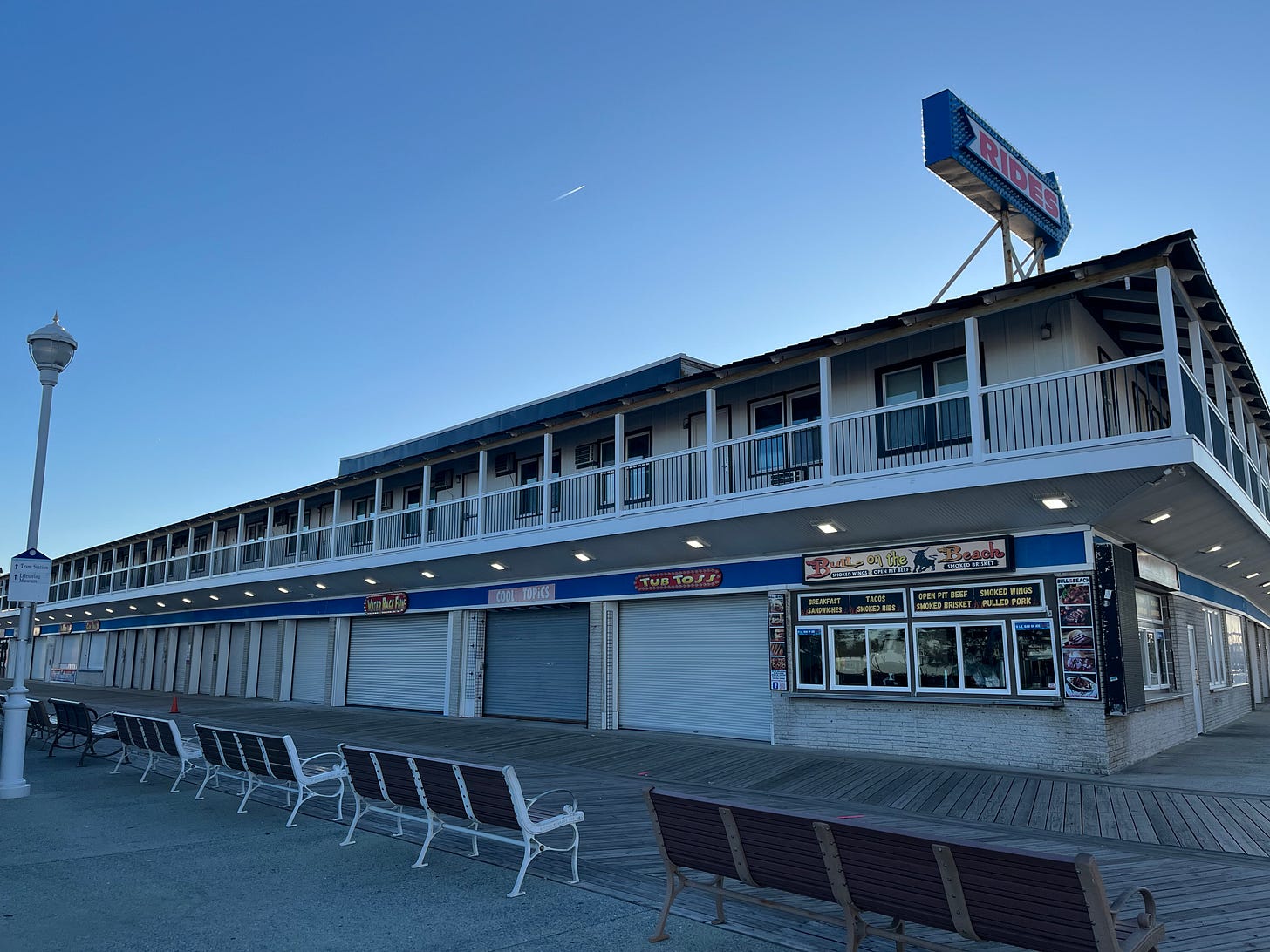There are places in America where the structures of everyday life have quietly collapsed.
Towns emptied by economic shifts, ports abandoned by industry, coastlines dotted with decaying marinas and forgotten fishing villages.
These landscapes do not attract much attention.
They are seen, when they are seen at all, as background scenery—relics of a bygone era, harmless in their decay.
But in the spaces where oversight has withered and populations have thinned, another kind of economy takes root. One that does not announce itself with neon signs or balance sheets. One that depends on movement without record, transactions without witnesses, disappearances without questions.
The mechanisms are not exotic.
They are the familiar, repurposed.
A crumbling inn where a passport can change hands and never return; a marina where a body can be loaded onto a fishing trawler and slip beyond jurisdiction; a salvage yard where a vehicle, a phone, a suitcase, even a life, can be reduced to scrap in an afternoon.
No dramatic conspiracies.
No cinematic violence.
Only the slow, efficient absorption of the unwanted into the machinery of waste.
Alongside this physical infrastructure runs the machinery of labor extraction. The programs designed to welcome foreign students, workers, and dreamers—student visas, H-1B sponsorships—become, in practice, pipelines for silent exploitation.
In a country obsessed with appearances, it is easy to swap one life for another. To fold the missing into the faceless crowds staffing hotels, cleaning cruise ships, hauling luggage on tarmacs.
A missing worker is just an unfilled shift. A missing guest is just an unpaid room. The gears continue turning.
Hospitality networks offer another subtle seam in the fabric.
Hostels and inns, particularly those operating beyond the oversight of corporate chains, often require guests to surrender their passports or driver’s licenses at check-in. Ostensibly for safekeeping, but in practice providing an easy mechanism for cataloguing, copying, and controlling identities.
In places where transience is expected and paperwork is opaque, lives can be rerouted, repurposed, or erased without raising alarms.
When a guest fails to check out, it is a clerical problem, not a criminal one. And so it becomes no problem at all.
The coastal zones reinforce these disappearances with the rhythms of the sea.
America’s private islands, dockside enclaves, and crumbling ports are not merely vacation retreats or scenic relics. They are choke points where people and objects can pass from sight into silence.
Ownership is buried under layers of shell companies. Private security, not public law, governs access.
Maritime law offers an endless stretch of gray water where accountability dissipates with the tide.
Beyond the shorelines, the cruise ship industry and private aviation networks extend this architecture across continents.
Cruise ships operate under foreign flags to escape American jurisdiction, creating floating worlds where crimes can be committed and ignored with equal ease.
Workers imported under desperate contracts become anonymous, invisible, and replaceable.
Private flights shuttle human cargo through lightly monitored airports, with the right connections ensuring that customs officials never ask the questions they already know not to ask.
And when traces remain—a car, a phone, a suitcase, a body—they too are fed back into the system. Salvage yards, recycling centers, and industrial shredders operate under the full legitimacy of commerce.
Vehicles are crushed into anonymous cubes.
Electronics are smashed and melted.
Biological remains, if they become inconvenient, are dissolved or incinerated alongside metal and waste.
Organized crime, government contractors, and opportunistic corporations move side by side in these spaces, laundering evidence into oblivion faster than any investigation could begin. Not that they would though. If nobody misses you, you aren’t missing—you’re just forgotten.
None of this is hidden. None of this is secret. It persists because it has been normalized, wrapped in layers of legal language, economic rationale, and cultural denial.
Regulations provide the appearance of order. Wages provide the illusion of fairness. Charitable campaigns and civic slogans provide the emotional anesthesia necessary to dull whatever glimpses of horror occasionally surface.
If it seems unbelievable, it is only because the system depends on your disbelief. It requires the mind to recoil before drawing the connection between the friendly cruise advertisement and the missing worker.
Between the quaint coastal inn and the vanished backpacker. Between the familiar salvage yard and the anonymous destruction of evidence that will never make the news.
It depends on your willingness to call such events tragic accidents, isolated incidents, or regrettable oversights—anything but what they actually are: symptoms of a machinery you live inside, benefit from, and sustain.
This is not a foreign evil.
It is domestic.
It is ordinary.
It is engineered.
It thrives not in the shadows, but in the full light of a people who prefer comfort to conscience, price to principle, convenience to confrontation.
It was built with your money, your silence, your votes, your attention, and your distractions.
You were never meant to notice.
Now you do.
The question is not whether this machinery exists. The question is how long you will pretend it does not—and what you are willing to become to keep staying blind to it.
How many people have you lost touch with over the years?
How many people have you forgotten about who you once loved?
That’s the kicker, isn’t it?
That’s what matters.
Even if they’d rather that it didn’t.
Not who some adored celebrity is supposedly dating, or what the spinning instructor thinks of your outfit.
It’s not about which place has the best stout on tap.
It’s about who you have forgotten along your way.
What happened to the owners of the shoulders you leaned on before you arrived at your evolved destination?
Where are they now?
Do you care?



